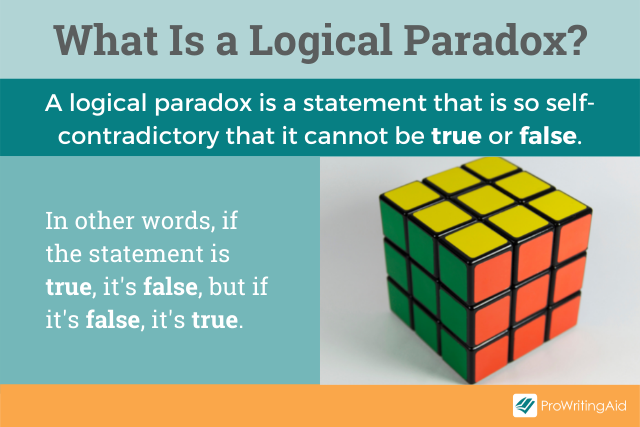
We’re all familiar with the phrase “words have power” but in a political and cultural climate where we become more aware of the power that money, influence, and privilege have every day, how do people wield the power of words?This month we spoke with philosopher Myisha Cherry, author of the upcoming OUP book The Case for Rage: Why Anger is Essential to Anti-Racist Struggle, and Unmuted: Conversations on Prejudice, Oppression, and Social Justice, and poet Carmen Bugan—whose book Poetry and the Language of Oppression: Essays on Politics and Poetics is available now—to talk about how they see their disciplines addressing the questions of language, oppression, and resistance, and exactly what tools the arts and humanities provide to address injustice.Both scholars approach this question from their own unique positions—Myisha Cherry studies the philosophy of emotion as motivation and her recent work looks at how we see that expressed through the American Black Lives Matter movement. Carmen Bugan began writing poetry in response to her childhood growing up the daughter of a political prisoner in Romania during the Cold War.Check out Episode 64 of The Oxford Comment and subscribe to The Oxford Comment podcast through your favourite podcast app to listen to the latest insights from our expert authors.Oxford Academic (OUP) · The Power of Words – Episode 64 – The Oxford CommentRecommended readingIn the episode, we discuss Myisha Cherry’s piece for the Atlantic, “Anger Can Build a Better World.” Myisha has contributed to a number of new and upcoming titles from OUP including The Movement for Black Lives: Philosophical Perspectives and Philosophy for Girls: An Invitation to the Life of Thought. You can read her chapter in the collected volume Philosophy for Girls, “Anger: Embracing the Medusa Trope as an Act of Resistance,” as well her article from the Oxford Handbook of Philosophy and Race, “State Racism, State Violence, and. . .
News source: OUPblog » Philosophy
Post Views: 214








